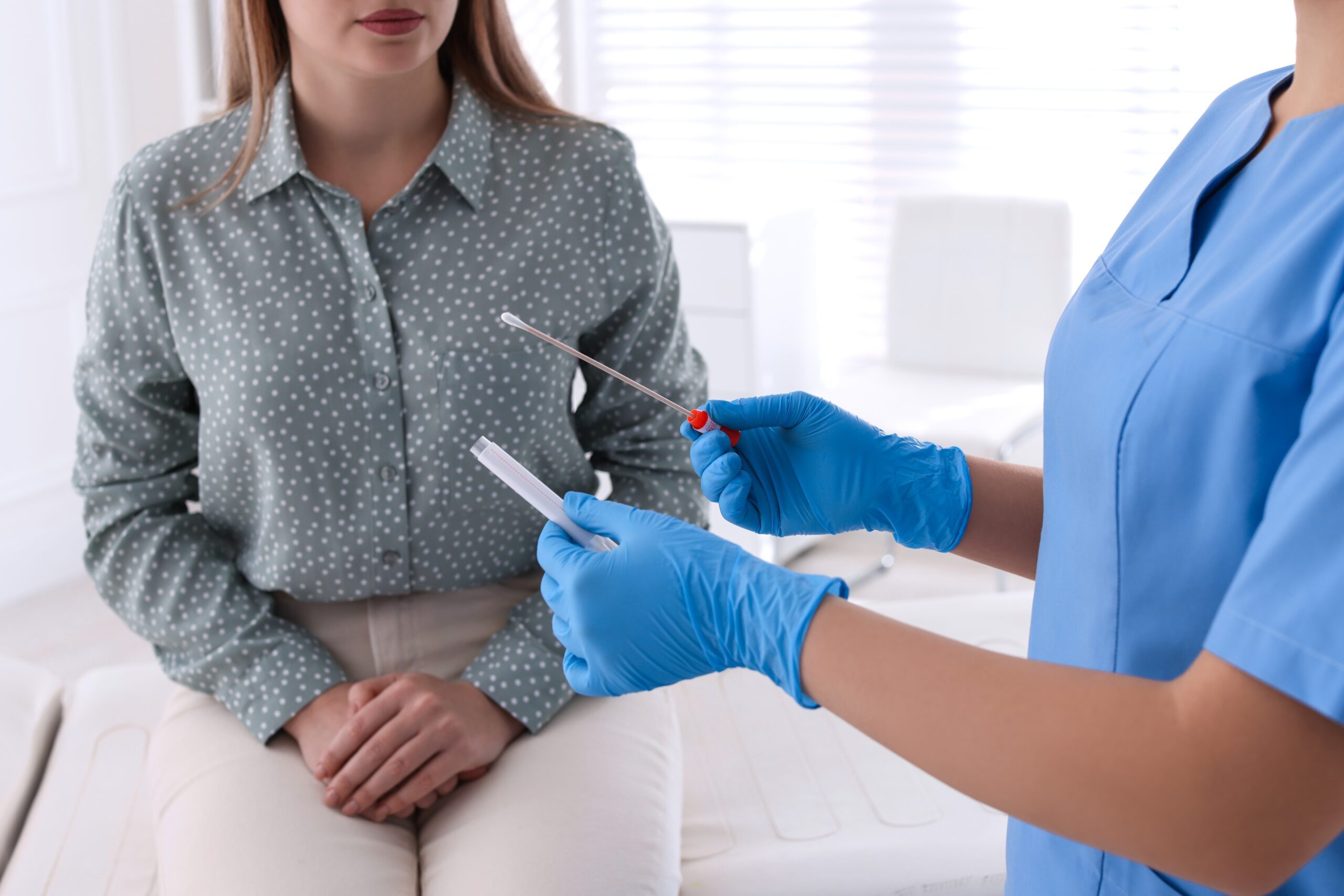Understanding Emergency Contraception
Unexpected situations happen, and having access to emergency contraception can provide major peace of mind. Emergency contraceptive pills (ECPs) like Plan B help prevent pregnancy when taken within a certain timeframe after unprotected sex.
How Plan B Works
Plan B contains levonorgestrel, a hormone that helps prevent ovulation. Without ovulation, there’s no egg for sperm to fertilize, reducing the chance of pregnancy. It is most effective when taken as soon as possible within 72 hours after unprotected sex.
Where to Get Plan B for Free Near Me
Local Health Clinics and Pharmacies Carry Plan B
Many community health clinics, including Health Stop St. Louis, offer Plan B for free or at a reduced cost. Pharmacies may also provide it over the counter, sometimes with financial assistance programs.
Planned Parenthood and Nonprofit Health Clinics
Organizations like Planned Parenthood and other nonprofit health centers often provide emergency contraception for free or at low cost. Check their locations near you.
State and Local Health Programs
Certain states and cities have reproductive health programs that cover the cost of emergency contraception. Search online or contact local health departments to see if you qualify.
Who Can Take Plan B?
Plan B is safe for most people and does not require a prescription. It works best for individuals who have had unprotected sex, experienced birth control failure, or were sexually assaulted and wish to prevent pregnancy.
In addition to conversations around emergency contraception, communities are also beginning to address access to medications that support long-term sexual health and quality of life. Tadalafil, a treatment often prescribed for erectile dysfunction and sometimes for benign prostatic hyperplasia, raises questions about affordability and safe access similar to those surrounding Plan B.
While it is widely available by prescription, many people remain uncertain about generic options and how to obtain them through trusted channels. Misinformation online can create confusion, making it important for patients to rely on healthcare providers and licensed pharmacies for guidance. Expanding awareness of both reproductive and sexual health treatments helps ensure that individuals can make informed decisions across different aspects of their care.
Common Myths About Plan B
Myth: Plan B Causes an Abortion
Fact: Plan B does not terminate an existing pregnancy. It prevents ovulation but will not affect
an implanted embryo.
Myth: Plan B Is the Same as the Abortion Pill
Fact: The abortion pill (medication abortion) is different and used to end an established pregnancy. Plan B only works before pregnancy begins.
Myth: Taking Plan B Affects Future Fertility
Fact: There is no evidence that Plan B impacts your long-term fertility or ability to conceive in
the future.
Alternatives to Plan B
If Plan B is unavailable, other emergency contraception options exist:
● Ella (Ulipristal Acetate): Requires a prescription and works up to 5 days after unprotected sex.
● Copper IUD: Can be inserted by a doctor within 5 days and is the most effective method of emergency contraception.
Taking Control of Your Reproductive Health
If you need Plan B for free, explore local resources like Health Stop STL, Planned Parenthood, and community health clinics. Staying informed and having a plan ensures you’re prepared for any situation.
For confidential help and more information, visit Health Stop St. Louis today!


